See your doctor if you're experiencing anxiety and finding it difficult to obtain a decent night's sleep. To help reduce anxiety and encourage a better sleep pattern, they might suggest taking specific vitamins.
According to studies, sound dietary habits are associated with restful sleep and stable mood swings. Vitamin deficiencies are frequently treated with dietary modifications and supplementation.
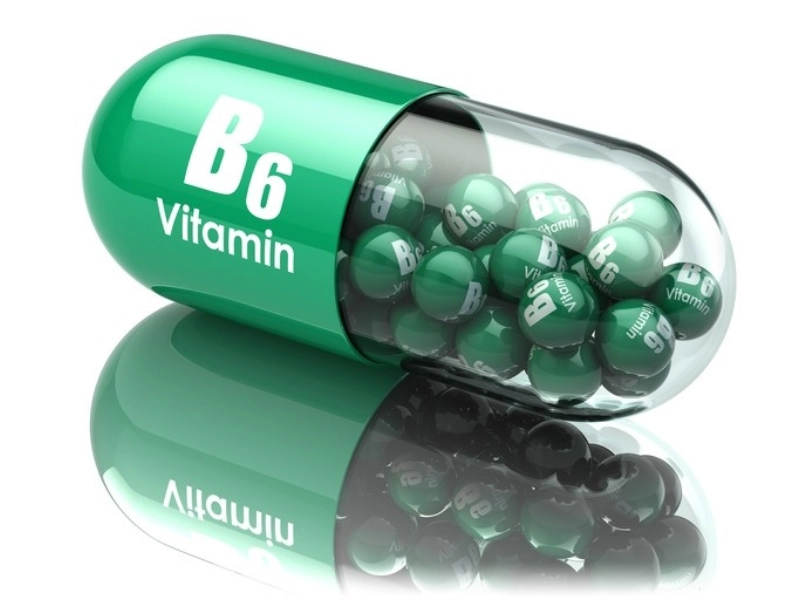
Higher amounts of GABA were detected among vitamin B6-taking subjects in the study, which helped lower anxiety levels. Additionally, the vitamin supplementation group showed decreased levels of self-reported anxiety and despair, according to the study.
The Micronutrient Information Centre states that mental instability, agitation, disorientation, and restless nights might result from a deficiency in vitamin B6. A variety of foods, such as tuna, bananas, chickpeas, and dark chocolate, are good sources of vitamin B6.

It has been demonstrated that vitamin B12, another B vitamin, helps those with low levels of anxiety and sadness. It has an impact on the brain's processing of gamma-aminobutyric acid (GABA), which inhibits specific nerve cell impulses to relax the nervous system and prevent tension, fear, or anxiety-inducing rapid nerve cell firing.
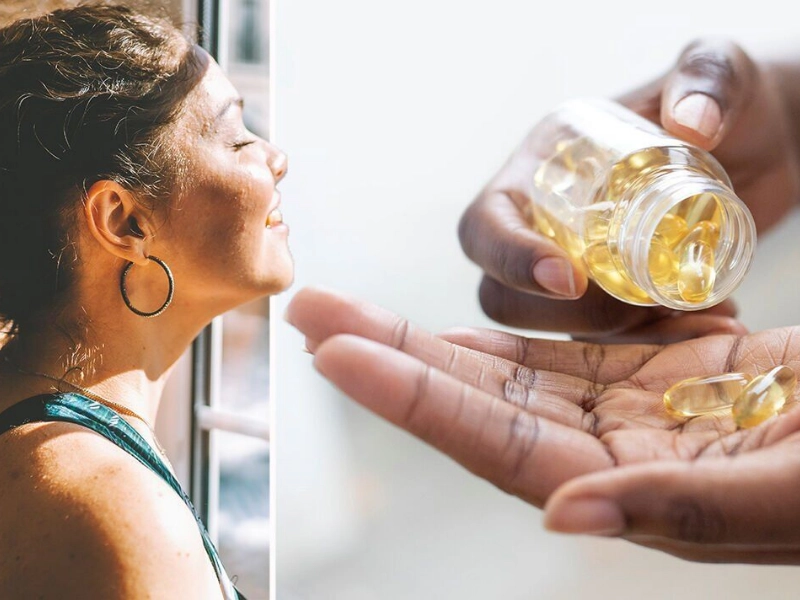
Oily fish, including salmon, mackerel, and herring, as well as eggs and fortified milk, are good sources of this vitamin. It can be found as a supplement as well. Try for 400–800 IU each day. Because large quantities of vitamin D decrease melatonin, your sleep hormone, avoid taking it at night. This might throw off your sleep schedule and make you feel sleepy.
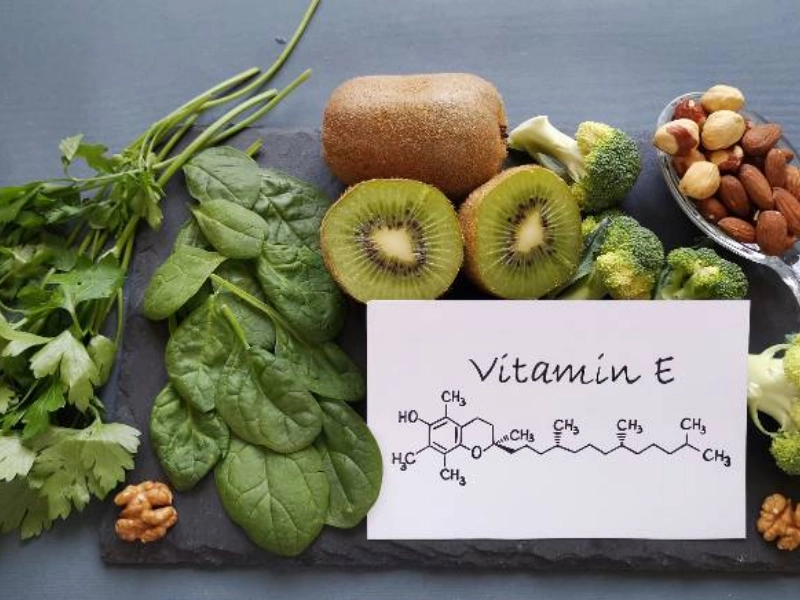
In a recent double-blind, placebo-controlled study, vitamin E supplementation coupled with melatonin enhanced the quality of sleep for those with chronic insomnia problems. Additionally, a wide variety of foods, such as fish, nuts, seeds, and dark leafy greens, contain vitamin E.
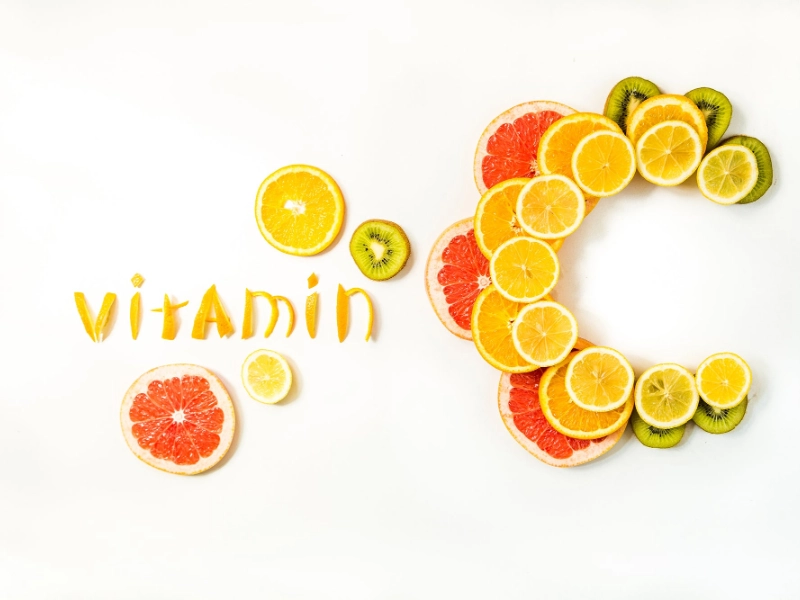
Citrus fruits, peppers, tomatoes, berries, and a variety of nutritional supplements, such as combination products, liquids, lotions, creams, serums, pills, and patches, are good sources of vitamin C. To find out what dosage could be best for you, speak with your doctor.
Even though eating should provide the majority of your vitamins, there are some nutrients that you may not be able to consume enough of to maintain ideal levels. For this reason, a supplement is frequently advised.
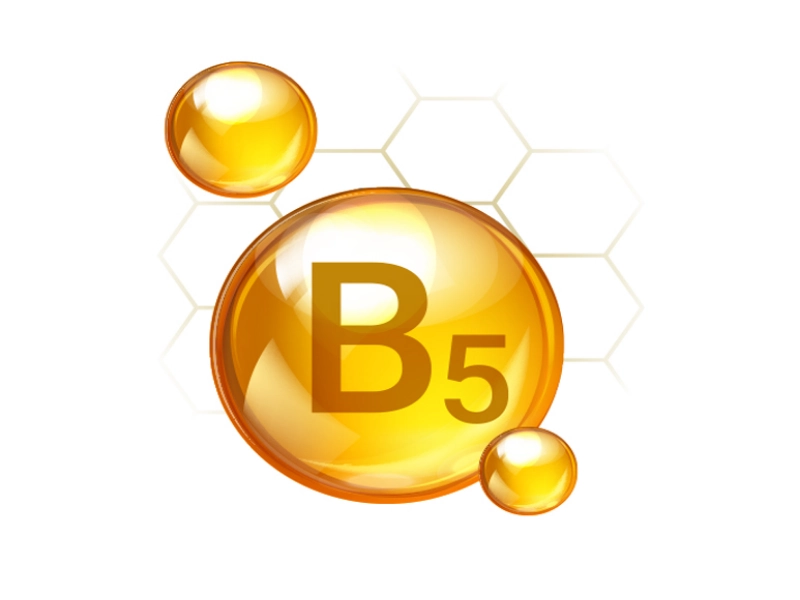
Serotonin is another 'feel-good' molecule that is produced when tryptophan is converted. For those suffering from anxiety or depression, a high-concentration tryptophan pill may help with mood and sleep.
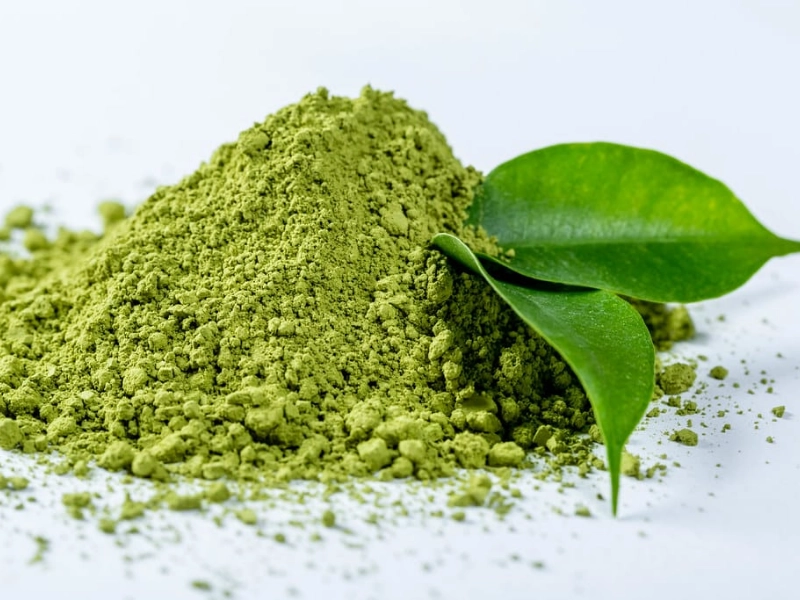
According to a recent study, people taking 200 mg/day of L-theanine reported feeling less stressed and having better-quality sleep than people taking a placebo. Following four weeks of L-theanine administration, there was a drop in the scores of the Pittsburgh Sleep Quality Index (PSQI), the State-Trait Anxiety Inventory (trait), and the Self-Rating Depression Scale.